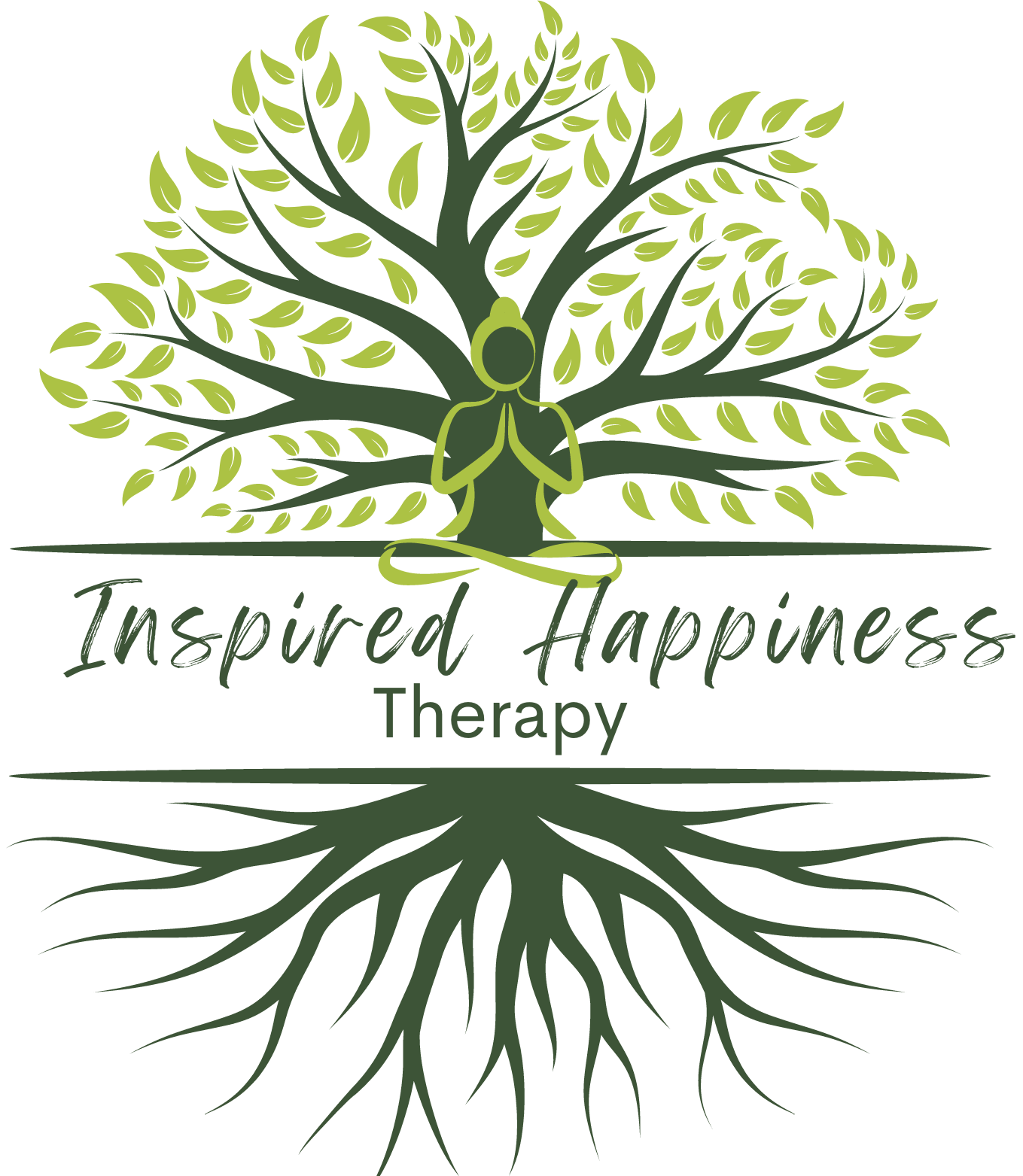What is Dialectical Behavioral Therapy (DBT)?
DBT is a relatively new form of therapy, developed in 1980 by Dr. Marsha Linehan, ABBA a psychologist and researcher who is currently at the University of Washington. Although DBT was created to more effectively treat Borderline Personality Disorder it has been clinically proven to treat depression, drug and alcohol problems, and post-traumatic stress disorder (PTSD). It has shown to be effective with traumatic brain injuries (TBI), binge-eating disorder, survivors of sexual abuse, and other mood disorders! It also successfully treats specific symptoms and behaviors associated with spectrum mood disorders, including self-injury. [Citations 6-13] DBT is essentially a fusion of traditional Cognitive Behavioral therapy, mindfulness, and skill building. DBT focuses on building and strengthening emotional regulation skills, interpersonal effectiveness, and distress tolerance.
Read more about DBT on PsychCentral
About Marsha Linehan, PhD, ABBA
The Linehan Institute
What is the difference between “emotional sensitivity” “highly sensitive person” and “Borderline personality disorder?”
These terms are often used interchangeably and can overlap. I have met and worked with people who are highly sensitive or have extreme emotions but who do not meet the full criteria for BPD. Whether you are someone that has intense emotions, is extremely sensitive, or have difficulty controlling your emotions, DBT can make your daily life much easier.
Is there hope for those with Borderline Personality Disorder?
In spite of the enormous amount of stigma that exists surrounding BPD both in popular culture and in the mental healthcommunity, BPD is highly treatable. Some advocates and researchers have suggested that the less stigmatizing term “emotional sensitivity disorder” replace “borderline personality disorder.” Those who have BPD have a heightened response to emotions. Others have suggested that BPD is actually Complex PTSD since many people who have been diagnosed with BPD have a history of childhood trauma. It is not easy to learn how to change behavior and adopt new behaviors in the place of harmful ones. BPD is at its heart a lack of the skills necessary to process and react to emotions in a way that it socially acceptable and safe for the person experiencing the overwhelming emotions. People often vilify those with BPD! Especially people who have had a negative romantic relationship with someone who has either has BPD. Sometimes angry exes wil label someone as “borderline” even if they haven’t been diagnosed. You can find many disheartening things on the internet if you search “borderline personality disorder.” While people with BPD often hurt those around them, they are hurting too. They do not yet know that it is possible to learn emotional regulation skills.
A Great Book For Hope
I highly recommend the memoir Loud in the House of Myself by Stacy Pershall to anyone who is looking for hope for recovery from BPD for themselves or a loved one. Stacy is a wonderful example of someone who is living well in recovery. She credits DBT with saving her life. Her story is one of extremes, both high and low! It is truly comforting to anyone who too has ever felt like a “strange girl” as she describes herself. “Strange guys” will also find hope for recovery there.
Stacey Aldridge, LCSW is a therapist  in the Jackson, MS area.
in the Jackson, MS area.
For more information or to make an appointment to for therapy
with Stacey at Grace Christian Counseling’s Vicksburg or Canton Mississippi
office please call (769) 224-4234 or contact her.
